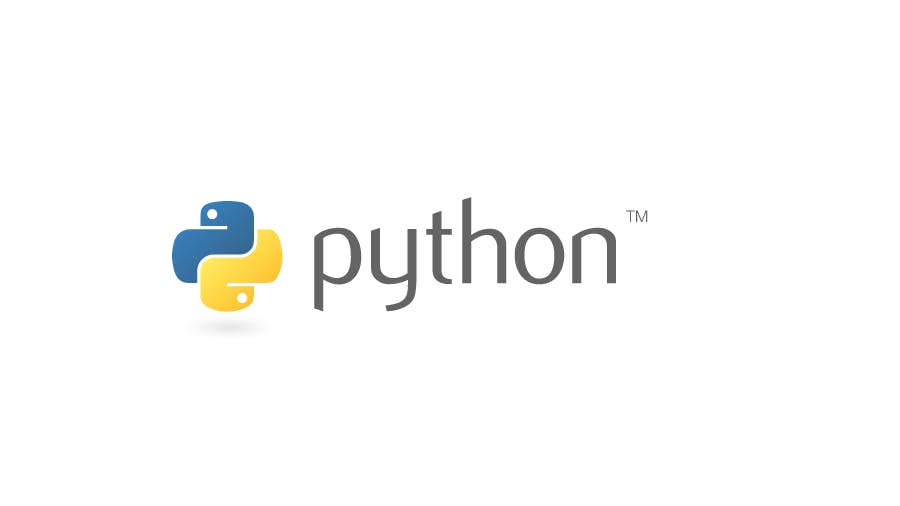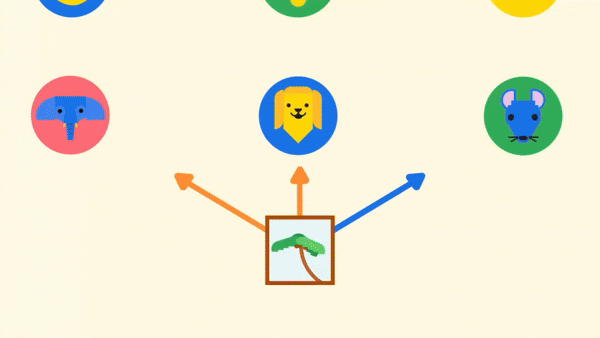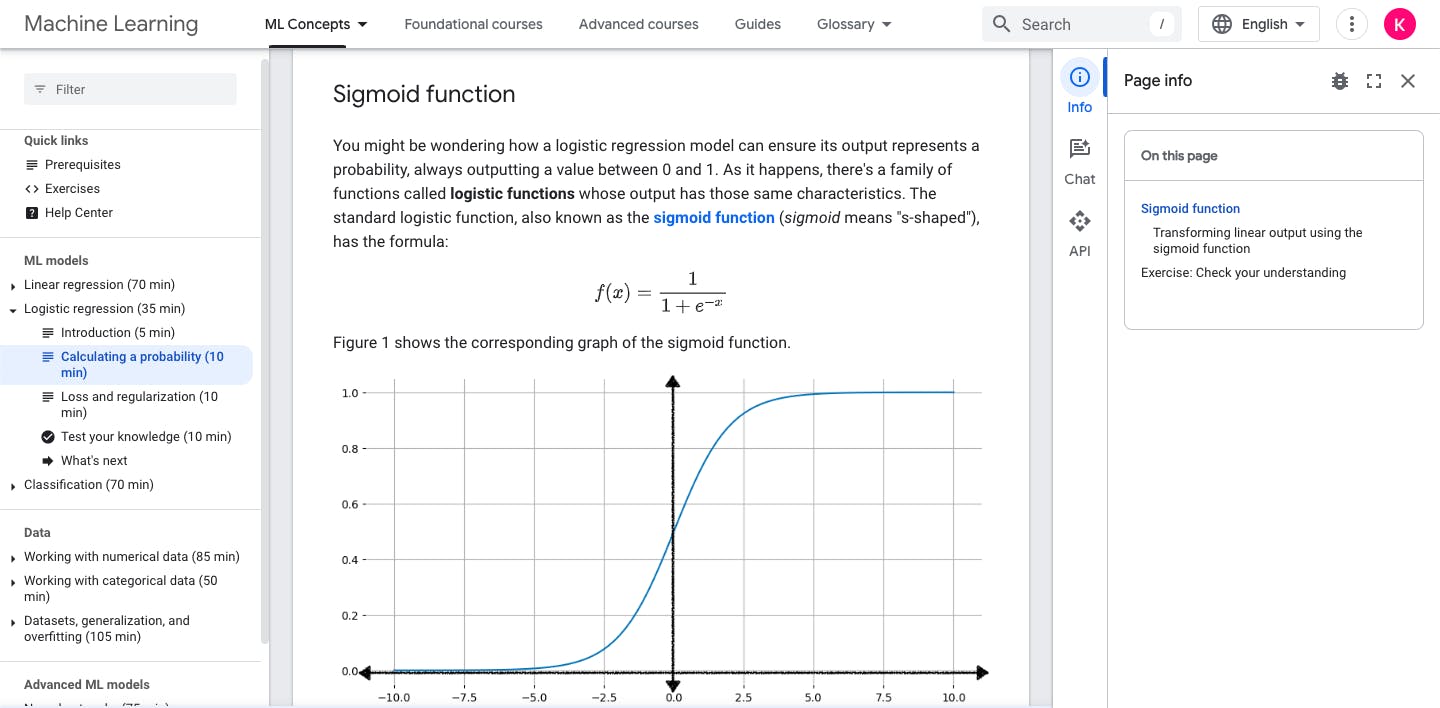Everything you need to know about Google's new Machine Learning Crash
Course
Want to find out more about machine learning and AI? This course is a great place to start.
.png?w=700)
Google has revamped its free Machine Learning Crash Course to cover everything from large language models to automated machine learning.
Launched six years ago, the course was designed to give "anyone with a little bit of programming knowledge" the tools to become a machine learning practitioner.
It's since taught millions of people the fundamentals of core machine learning concepts like neural networks and vector embeddings.
But the landscape of machine learning has transformed since 2018. Until now, the course didn't cover the LLMs that put AI in the pockets of everyone from your non-tech friends to your mom.
Google's course still offers plenty of information on core ML concepts — ideas it says are "still essential knowledge for anyone interested in building AI software, using AI tools or just better understanding how AI works."
But it's also expanded its focus on things like working with data and using AI responsibly.
Here's everything you need to know about the updated course.
Who is it for?
The new self-study course is designed for anyone with even a little programming experience. In fact, Google has tried to make it more accessible than the original version.
It's been updated with "a brand-new set of video explainers, interactive visualizations and real-world programming exercises," to make its content more "approachable and fun for beginners."
But students do need to have an existing understanding of data concepts like variables, linear equations, graphs of functions, histograms, and statistical means.

Students also need some knowledge of programming language Python and two of its popular packages: pandas for data frames and NumPy for computer science.
Google offers "ultraquick" tutorials to help newbies get to grips with both. You can access the pandas tutorial here and the NumPy tutorial here.
If you're a total machine learning beginner, you can take a free 20-minute "Introduction to Machine Learning" course before you start.
What does it cover?

The course has 12 modules, divided into four categories: machine learning models, data, advanced machine learning models and real-world machine learning.
The machine learning model modules cover linear regression, logistic regression and classification.
The data section focuses on working with numerical data, working with categorical data, and datasets, generalization and overfitting.
The advanced machine learning models section covers neural networks, embeddings, and now, large language models.
Lastly, the real-world machine learning modules focus on production machine learning systems, automated machine learning and machine learning fairness. This last module includes information about how to mitigate bias in data.
How does it work?
Modules begin with a set of learning objectives, prerequisites, an estimation of how long it will take and often an introductory video.
As you progress through each section, you'll come across detailed explanations of the concepts at hand, learning aids like charts or videos, and interactive elements like vizualisations and quizzes.
Each module ends with a final "test your knowledge" quiz.

The modules are self-contained, so if you took the old course, or just want to brush up your knowledge on certain areas, you don't need to take the whole thing.
How long does it take and do I get any certification?
The full course takes approximately 15 hours, depending on how quickly you work through each module.
If you pass the final quiz at the end of each module, you'll earn a badge. But Google doesn't provide any formal certification to show you've successfully taken the course.
Great leap towards democratization of AI and ML education.
Google continuous create new for learning abilities